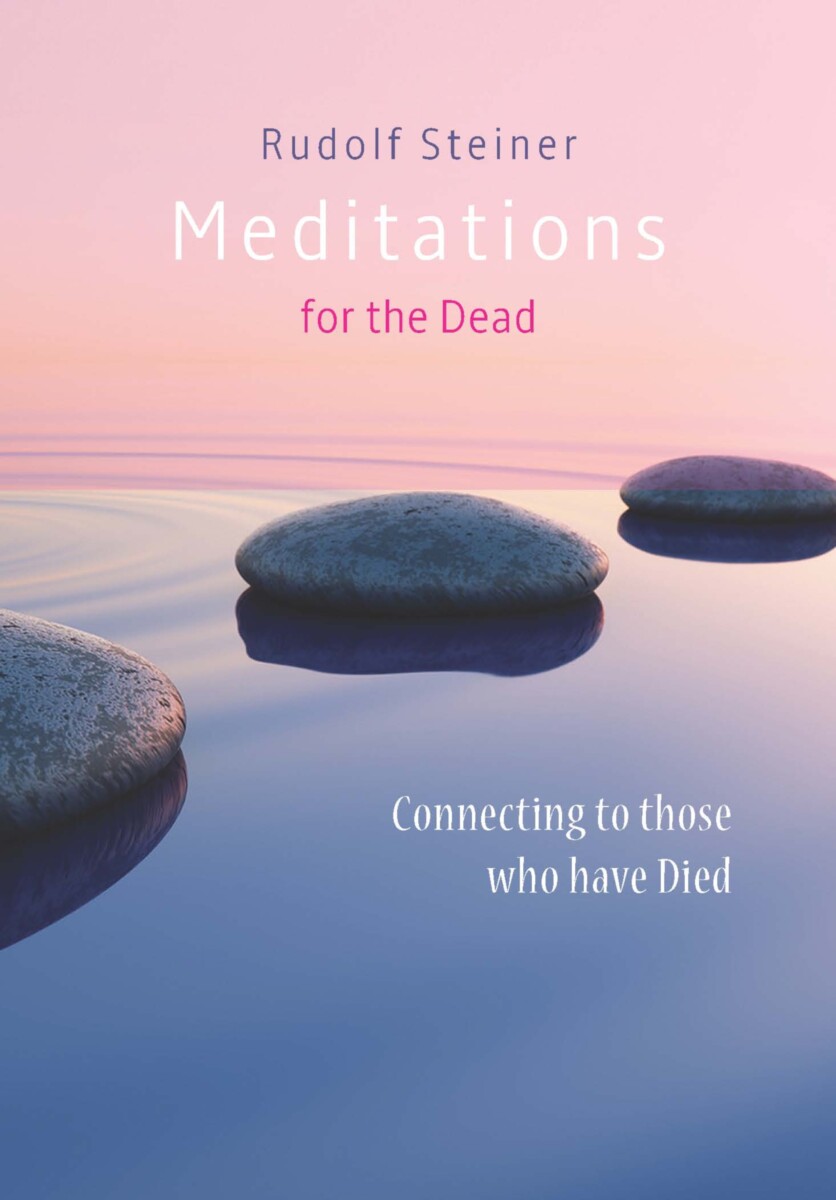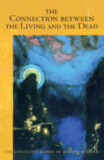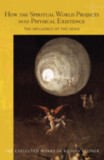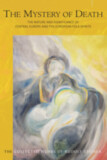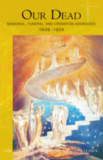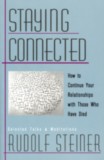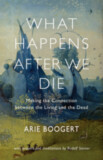- Publisher
Rudolf Steiner Press - Published
5th June 2018 - ISBN 9781855845480
- Language English
- Pages 64 pp.
- Size 4.75" x 7"
Whoever passes the door of death
dissolves into the elements,
gazes on dark midnight's bright sun,
stands before the upper and the lower gods.
(from the Egyptian)
As a spiritual teacher, Rudolf Steiner wrote many inspired and beautifully crafted verses. Often they were given in relation to specific situations or in response to individual requests; sometimes they were offered to assist generally in the process of meditation. Regardless of their origins, they are uniformly powerful in their ability to connect the meditating individual with spiritual archetypes. Thus, the meditations provide valuable tools for developing experience and knowledge of subtle dimensions of reality.
Matthew Barton translated and selected Steiner’s verses, arranging them with sensitivity by theme. In this collection for maintaining a connection to those who have died, Rudolf Steiner offers hope and consolation to those who are bereaved.
The first section features words of wisdom on death and its deeper, spiritual meaning.
In every life there lies
life's new seed:
the soul dies from the old to ripen
immortally towards the new.
The second section consists of verses that emphasize the continuing links between the living and the dead, indicating how our thoughts can help those who have departed earthly life.
The final section is devoted to verses that express something of what the dead experience in their new existence.
C O N T E N T S:
Introduction
1. What Is Death?
2. Living with the Dead
3. Waking to Another Life
Notes
Index of First Lines
Rudolf Steiner
Rudolf Steiner (b. Rudolf Joseph Lorenz Steiner, 1861–1925) was born in the small village of Kraljevec, Austro-Hungarian Empire (now in Croatia), where he grew up. As a young man, he lived in Weimar and Berlin, where he became a well-published scientific, literary, and philosophical scholar, known especially for his work with Goethe’s scientific writings. Steiner termed his spiritual philosophy anthroposophy, meaning “wisdom of the human being.” As an exceptionally developed seer, he based his work on direct knowledge and perception of spiritual dimensions. He initiated a modern, universal “spiritual science” that is accessible to anyone willing to exercise clear and unbiased thinking. From his spiritual investigations, Steiner provided suggestions for the renewal of numerous activities, including education (general and for special needs), agriculture, medicine, economics, architecture, science, philosophy, Christianity, and the arts. There are currently thousands of schools, clinics, farms, and initiatives in other fields that involve practical work based on the principles Steiner developed. His many published works feature his research into the spiritual nature of human beings, the evolution of the world and humanity, and methods for personal development. He wrote some thirty books and delivered more than six thousand lectures throughout much of Europe. In 1924, Steiner founded the General Anthroposophical Society, which today has branches around the world.


